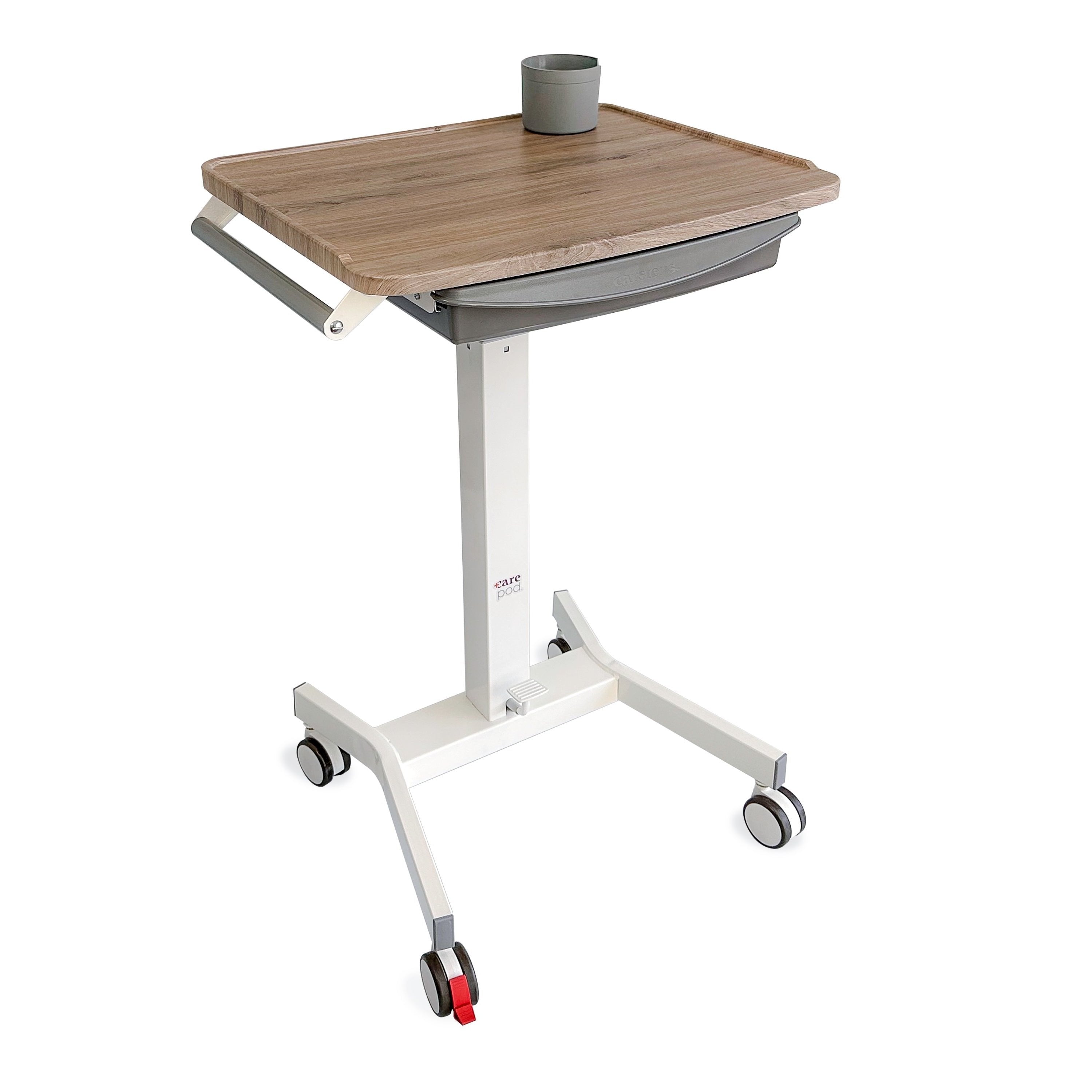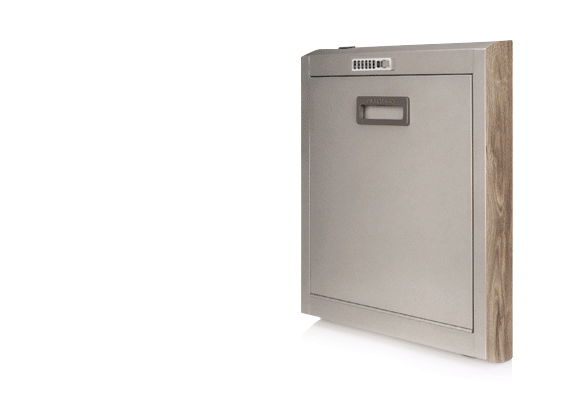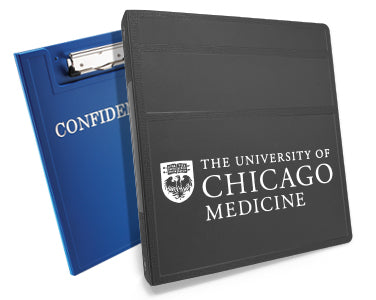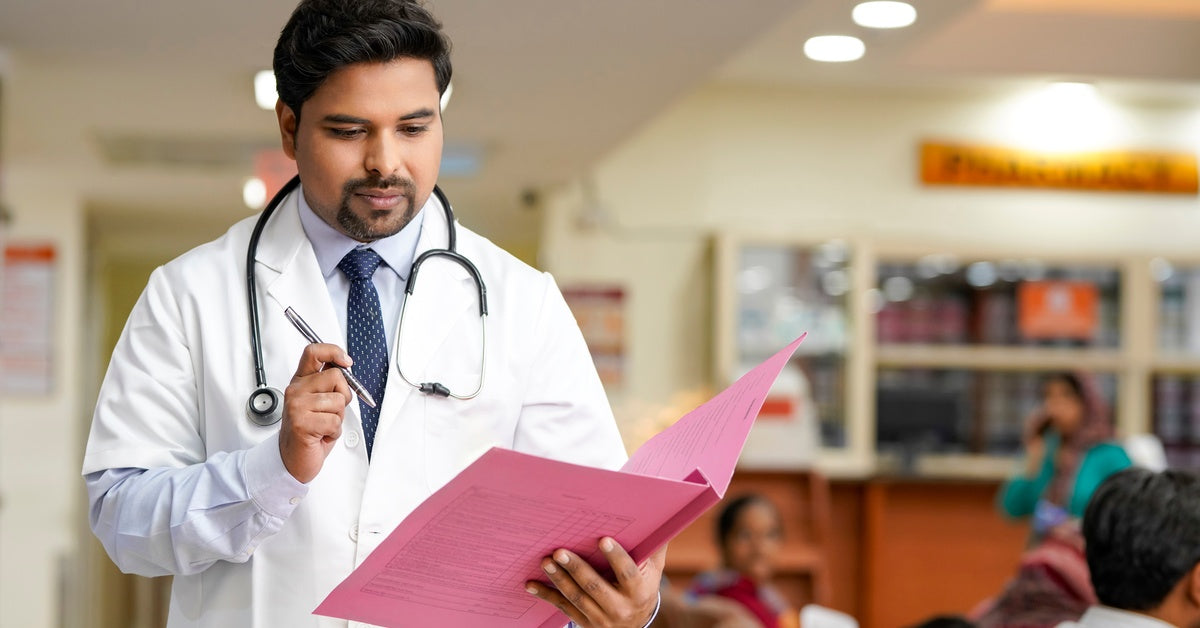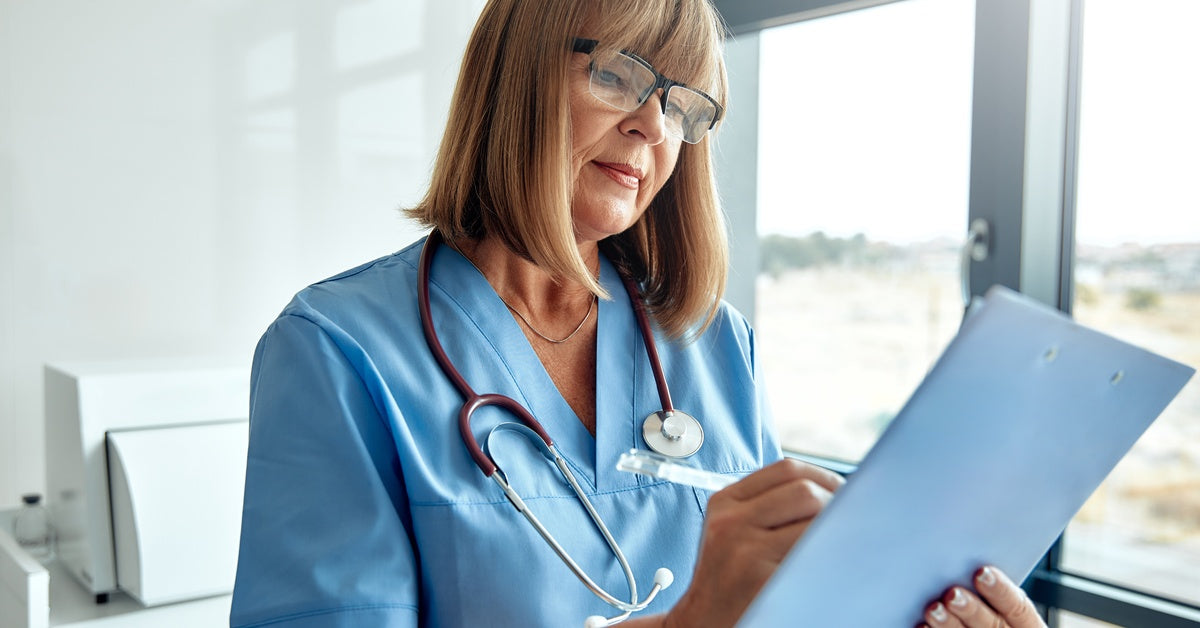Modern healthcare technology addresses the daily challenges you face, enhancing your ability to deliver exceptional care while reducing the stress and inefficiencies that plague traditional healthcare workflows. When technology handles routine processes, you can focus on the critical thinking and compassionate care that define your profession.
Take Control of Schedules
Advanced scheduling platforms are an important piece of technology that eases medical professionals’ workload. These platforms analyze patient needs, provider availability, and resource requirements to create optimized appointment blocks that maximize your productivity.
Using advanced scheduling platforms means the system automatically adjusts for cancellations, reschedules appointments based on urgency levels, and sends automated reminders to patients so you don’t have to.
You gain real-time visibility into your schedule, allowing you to make informed decisions about urgent cases or unexpected emergencies. The result is a smoother patient flow and reduced wait times for everyone involved.
Monitor Facility Resources
Real-time tracking systems monitor equipment availability, supply levels, and room utilization across your entire facility. You receive instant alerts when critical supplies run low or when equipment requires maintenance.
This proactive approach prevents the frustrating delays that occur when essential resources are unavailable during patient care. Smart inventory systems even predict usage patterns and automatically reorder supplies before shortages occur.
Keep Track of Patient Information

Electronic health records (EHR) systems revolutionize how you access and manage patient information. These comprehensive platforms centralize medical histories, test results, medications, and treatment plans in easily searchable digital formats.
You can instantly access a patient’s complete medical history from any connected device, eliminating the delays and errors associated with paper records. EHR systems also flag potential drug interactions, alert you to allergies, and provide decision support tools that enhance clinical accuracy.
The integration capabilities of modern EHR platforms connect with laboratory systems, imaging centers, and specialist offices to provide complete information when making treatment decisions. This comprehensive view of patient health leads to more accurate diagnoses and better treatment outcomes.
Prioritize Patient Privacy
Advanced privacy technologies go beyond traditional paper-based systems to safeguard sensitive information. Features like multifactor authentication, encrypted data transmission, and role-based access controls ensure only authorized personnel can access specific patient records.
These measures reduce the risk of data breaches and unauthorized access, giving patients and providers alike greater peace of mind. Additionally, automated privacy protections streamline your workflow by removing many manual compliance tasks, such as tracking paper files or managing access manually.
Delegate Repetitive Tasks to Technology
Automated appointment confirmations, prescription refill requests, and insurance pre-authorization processes free up ample time in your schedule. Also, digital documentation tools use voice recognition and natural language processing to convert your spoken notes into structured medical records. This technology eliminates much of the typing and data entry that traditionally consumed evening hours, allowing you to complete documentation during normal work hours.
Automated billing and coding systems process insurance claims more accurately and quickly than manual methods, reducing payment delays and administrative errors that require follow-up attention.
Track Patient Vital Signs
Modern vital sign monitoring systems provide continuous, real-time data about your patients’ condition. Wireless sensors automatically record temperature, heart rate, blood pressure, and oxygen saturation levels without requiring manual measurements.
These systems immediately alert you when vital signs move outside normal parameters, enabling rapid responses to changing patient conditions. Trending data helps you identify subtle changes that might indicate developing complications before they become serious problems.
Remote monitoring capabilities extend this protection to patients in their homes, allowing you to track chronic conditions and postoperative recovery without requiring frequent office visits. This expanded monitoring improves patient outcomes while reducing the demand on your schedule.
Get Better Diagnostic Outcomes
Continuous monitoring data enhances diagnostic accuracy through artificial intelligence and machine learning platforms that analyze complex medical data. These systems identify patterns in symptoms, lab results, and imaging studies that might escape human notice.
AI-powered diagnostic tools don’t replace your clinical judgment but provide additional perspectives that improve diagnostic accuracy. Image analysis software can detect subtle abnormalities in X-rays, MRIs, and CT scans, while predictive algorithms identify patients at risk for specific conditions based on their medical history and current symptoms.
These technologies are particularly valuable for rare conditions or complex cases where multiple specialties need to collaborate on treatment decisions.
Improve Medication Management
Electronic prescribing platforms are another technology easing medical professionals’ workloads. These platforms check for drug interactions, verify dosing based on patient weight and kidney function, and send prescriptions directly to the patient’s pharmacy.
Smart pill dispensers help patients stick to their medication schedules. They provide reminders and track whether doses are taken. These systems can alert you if a patient misses doses or reports side effects, allowing you to act quickly.
Clinical decision support tools offer evidence-based guidance. They help with drug selection and dosing, improving treatment outcomes and reducing the risk of adverse reactions.
Communicate With Coworkers
Secure healthcare messaging platforms streamline communication among providers while complying with patient privacy laws like HIPAA. These tools allow healthcare teams to share patient updates, discuss treatment options, and coordinate care plans in real time. You can easily collaborate with specialists, nurses, and other team members, improving efficiency and reducing delays in critical decision-making.
Many platforms integrate seamlessly with EHR systems, automatically pulling in relevant patient information. This integration provides essential context for consultations, eliminates the need for double data entry, and reduces the risk of errors.
Features like message tagging and group chats help organize conversations so important updates reach the right people quickly. Secure messaging enhances teamwork and helps create a more coordinated, patient-centered approach to care.
Connect to Patients Through Telehealth

Telehealth makes it easier to connect with patients while reducing your workload, improving access to healthcare and streamlining communication. For instance, video consultations save time by eliminating the need for travel. They’re perfect for routine follow-ups, medication adjustments, or many other types of consultations.
Patients love the convenience of receiving care from home via video, especially for managing chronic conditions or postoperative check-ins. The ease of use that telehealth offers can reduce missed appointments and improve compliance with treatment plans.
With remote patient monitoring, you can track progress between visits, identifying problems early and adjusting treatments without in-person appointments. This proactive approach saves time and leads to better patient outcomes.
Enhance Your Technology Infrastructure
Technology transforms healthcare workflows when properly integrated and accessible throughout your facility. Our medical laptop carts keep your technology mobile, secure, and always within reach. These solutions integrate seamlessly with your existing systems while providing the reliability and durability that healthcare environments demand. Shop for the equipment your medical facility needs today.

